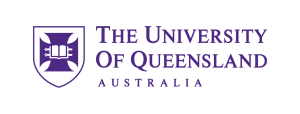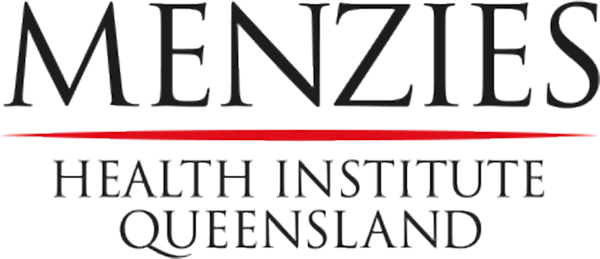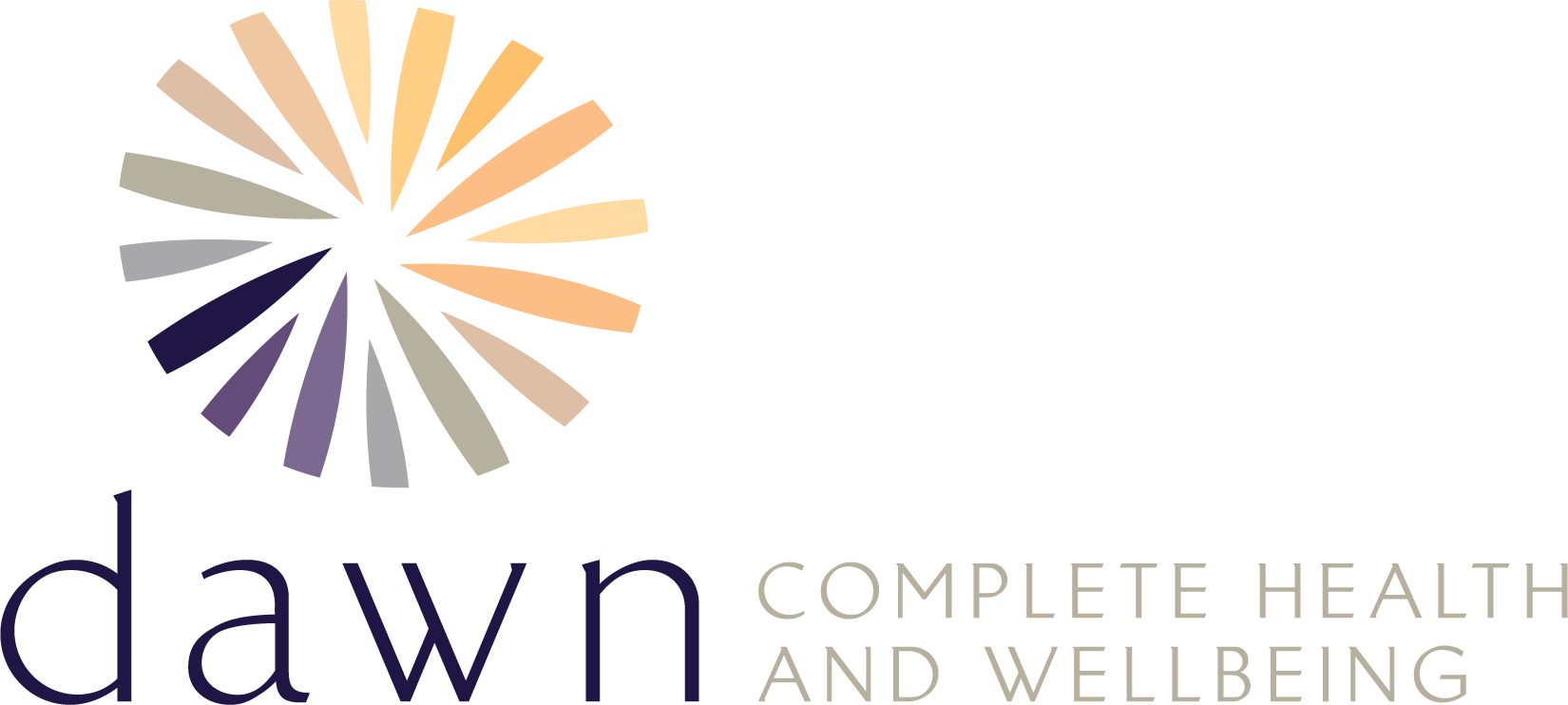Type 2 Diabetes is a significant public health problem and Australian Pacific Islander women and their communities are experiencing a higher burden of morbidity and mortality from the disease. Despite the higher burden, there are few initiatives that are culturally tailored to improve prevention and management.
We spoke to Women’s Wellness Research Collaborative member Dr Heena Akbar from the University of Queensland about using talanoa, a community-based research methodology, to build capacity with Australian Pacific Islander women in Queensland to develop culturally relevant methods of information sharing and knowledge building to improve health outcomes for women with Type 2 Diabetes.
Can you tell us more about this project and how it came about?
The Pasifika Women’s Diabetes Wellness Program was borne out of wanting to look at diabetes in the Pasifika (Pacific) context because, as a person from Fiji, we are often faced with an increased risk of type 2 diabetes in our communities, both in the islands but also in Australia. Here in Australia, we don’t have recent data, which makes it challenging for our communities to address this important issue.
I started my PhD in 2013 after talking to our community elders and members about how we might address this problem in a culturally appropriate and strength-based way. My PhD looked at “Socio-Cultural Context of Managing Type 2 Diabetes in Australian Pacific Islander Women Living in Queensland” where through participatory action research and embedding the Talanoa Pacific methods – story telling – we aimed to understand how our women who already have type 2 diabetes were looking after themselves and managing their diabetes within their family and community context.
The focus of this research was about working together with our women in the Māori and Pasifika community to develop awareness around diabetes and to promote diabetes prevention and management for our Pasifika community. We worked closely with our Pasifika communities to host three diabetes health forums (during my PhD) that provided diabetes education, promoted awareness around chronic conditions and undertook health screening for our people within a culturally safe community space.
Community led initiatives have a far more powerful impact on change. This is partly because we frame our work through cultural safety principles and cultural values such as identity, respect, reciprocity, spirituality, family and community, which are pertinent to Māori and Pasifika communities and our ways of knowing, being and doing.
Can you tell us more about the community-academic partnership and the value of this to the project?
Community-academia partnership is really important, particularly when we want to build a culturally responsive research path for academia and community collaboration.
Strong partnerships are also very important if we want to make a positive contribution towards influencing long-term health behaviours.
Our work is largely a partnership with the Pasifika Women’s Alliance Inc. (PWA), a culturally diverse network of women from across Oceania that seeks to build and strengthen a Queensland sisterhood of Pacific Islander women and to raise awareness of members as to their rights and responsibilities as citizens and encourages their participation in all aspects of community life. A large part of this is ensuring that our women are aware of their health and includes promoting healthier and stronger families through projects like the Pasifika Women’s Diabetes Wellness Program.
What is the Talanoa Framework and how was it used in your approach?
‘Talanoa’ frames how we talk to each other. Talanoa – is a Pasifika way of having conversations and dialogues between people and relies heavily on building and maintaining relationships. Talanoa with elders and members of the Pasifika communities are critical in community engagement and in the development of diabetes research protocols to ensure long-term benefits and change in health inequities.
In the Pasifika Diabetes Wellness context, it is important for us to build personal connections with our women and communities – using our Pasifika way – ‘Talanoa’ – which means that our women own the process of collecting the information that is meaningful to them.
It is also about acknowledging our ancestors, our culture, where we come from and giving that respect to our people. Trust, reciprocity, spirituality, nurturing is all part of our collective Pacific culture. Embracing these in the research processes is imperative to working respectfully with Pacific peoples and is very important in our understanding of our health and wellbeing.
We have approached this research using talanoa as a cultural framework and taking this approach has certainly made the research and collecting information more meaningful for our women and community.
What have been some of the notable outcomes of this project to date – for the community and academia?
Our research and this project have built strong partnerships with key stakeholders, including Griffith University, Diabetes Queensland, The Good Start Program for Māori and Pacific Islander Communities, and many community groups who are represented by our PWA members. PWA have been pivotal in creating a safe space for our women to engage in this research process and also to ensuring that the research mutually benefited our Pacific communities.
Through these partnerships, we have led three very significant community summits – the Pacific women’s diabetes health forums, in 2013 and 2014, and community-led Pasifika diabetes health from in 2016.
We have also worked very closely with our Pasifika communities and PWA to provide a culturally-safe community space to run diabetes education sessions, undertake health screening for our people and conduct Talanoa discussions to collect information with our people. More than 90 Queensland University of Technology students have also conducted community placements in these health forums.
This framework has been used worldwide amongst Indigenous peoples and is notably a very successful model because it is driven by the people and for the people using their own cultural frameworks.
We have also been instrumental in building individual as well as organisational capacity for our women to address health in the community. We developed a teaching module which is currently being used by the Federal Government to train and educate health providers in how to work with culturally and linguistically diverse and Indigenous communities such as ours.
We have presented in several national and international Health conferences including NZ, Hawaii, Canada, Cairns and here in Brisbane and were awarded two grants to run the Diabetes health forums and carry out the research (through Diabetes Queensland and QUT Engagement and Innovation grant).
Future grants have allowed us to develop the Pasifika Women’s Diabetes Wellness Program and the most recent funding will allow us to trial this program.
For more information about the Pasifika Women’s Diabetes Program, visit www.dawncomplete.org.au.
Dr Heena Akbar is a Lecturer in Public Health within the Faculty of Medicine at the University of Queensland and an Adjunct Fellow at the Queensland University of Technology.







